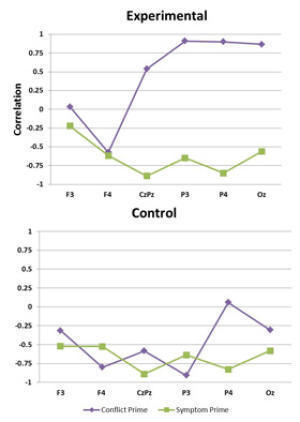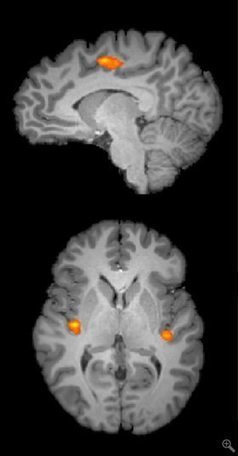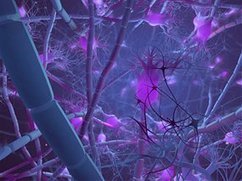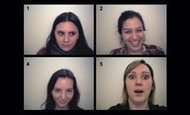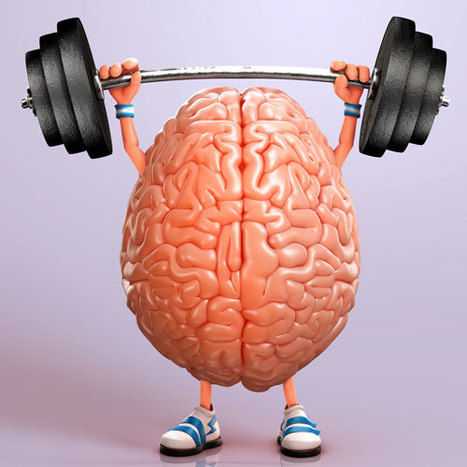Laura Overdeck is the founder of Bedtime Math, a nonprofit that hopes to put math on equal footing with the beloved bedtime story. By positioning math as a fun, recreational activity, Bedtime Math hopes to raise a new generation that never feels math anxiety. In her TEDx talk, Overdeck explores math anxiety among women and girls, and shows how the American culture conspires to convince young women that they are incapable of math, through stereotypes held by parents, teachers, retailers, and other women. It's so pervasive that women who are asked their gender at the start of a math quiz score *worse* than women who weren't reminded that they are female. Overdeck, who majored in astrophysics in college, then describes how these forces can be overcome through culture change, with a call to action for all of us to embrace math and be positive role models for all kids in the next generation, and particularly for the girls.
Get Started for FREE
Sign up with Facebook Sign up with X
I don't have a Facebook or a X account

 Your new post is loading... Your new post is loading...
 Your new post is loading... Your new post is loading...
Hilary J.'s curator insight,
February 13, 2014 7:55 PM
While the research in this article dealt primarily with pain control, an unexpected outcome regarding anxiety patients was found. Distraction is a common tool used to reduce pain in post-surgical and pain-control patients. Essentially, it is the act of redirecting an individual's thoughts into something else other than the pain they are currently feeling. It was found that those patients who had high anxiety in addition to pain control issues were the most responsive to distraction and cognitive redirection. In this way, the researchers initial hypothesis that those with high anxiety would be unable to be redirected was contradicted. This research has important implications in the way that anxiety can be treated. Teaching clients who are suffering from anxiety cognitive redirection and distracting techniques that allow them to be more mindful, such as listening to music, may assist in decreasing their level of anxiety when other interventions are unavailable. |
Hilary J.'s curator insight,
February 13, 2014 8:10 PM
The field of research on brain chemistry and mental illness is still young, though the research that has been done is promising. This new field is allowing clinicians to develop different and more effective treatments for several mental illnesses. Specifically, research on childhood anxiety and brain structure has shown that anxiety experienced in childhood may change the way that the amygdala connects to other regions of the brain. The amygdala plays a role in emotion regulation and is considered to be part of the limbic system. This finding can possibly explain how early life stresses contribute to future emotional and behavioral issues. If anxiety can be traced back to childhood, then treatment interventions as an adult may be different then if anxiety wasn't experienced in childhood. |





